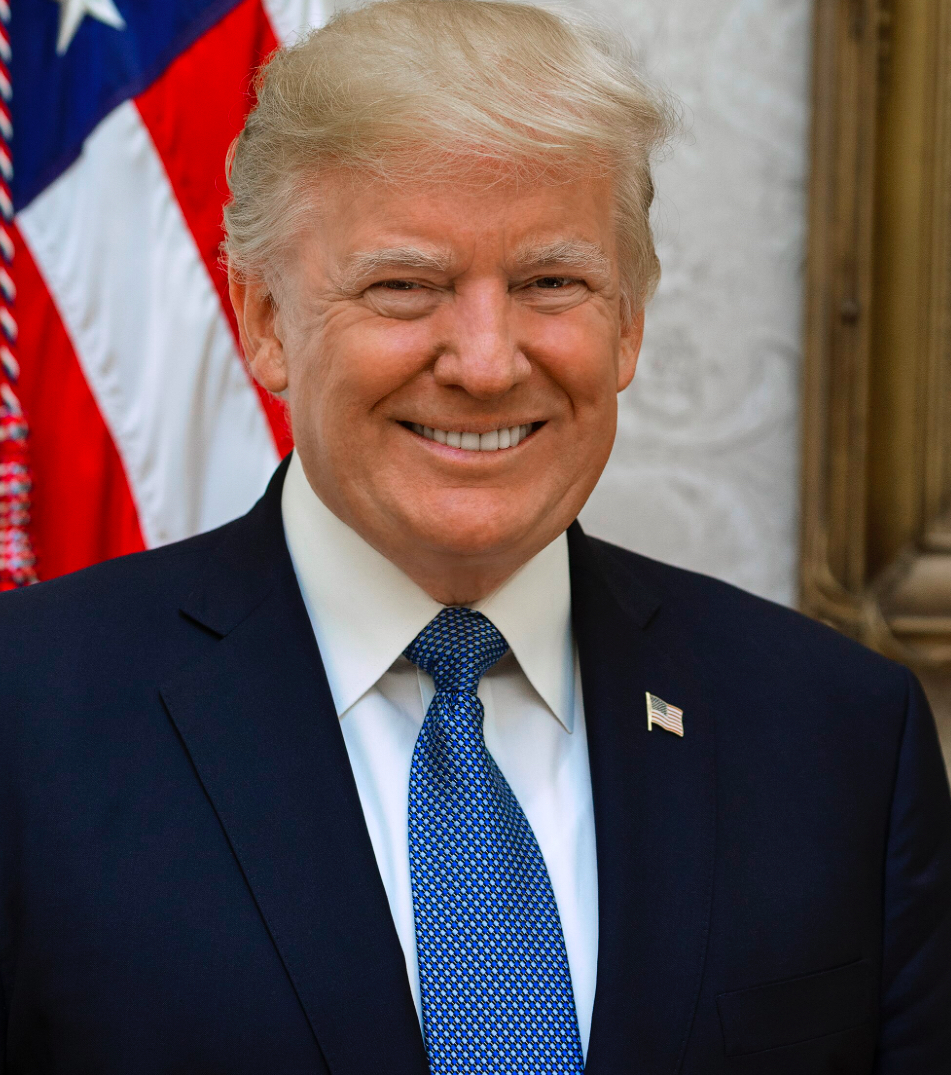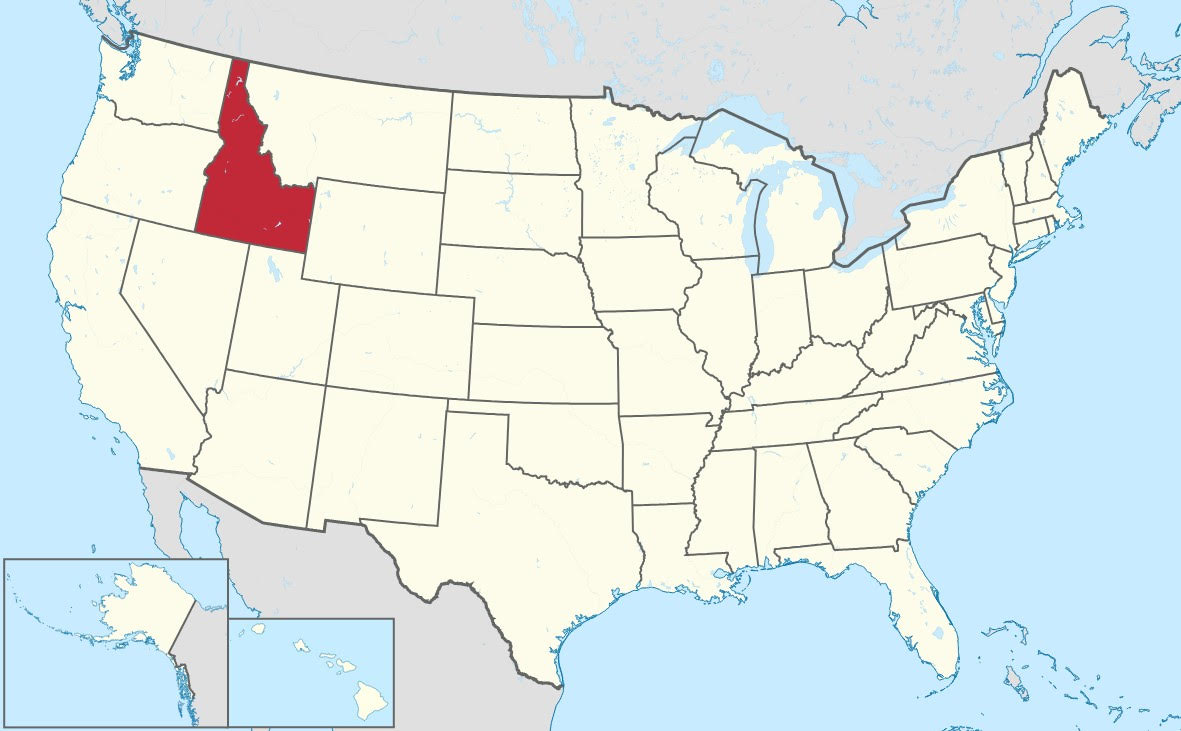The proposal to change the name of the Gulf of Mexico to the Gulf of America has sparked widespread debate. The Gulf of Mexico is a body of water bordered by the United States, Mexico, and Cuba. The Gulf of Mexico provides many outlets with fishing, shipping, and tourism.
Any proposal to rename it is not just a trivial matter but raises questions of identity, heritage, and respect for history.
“We’re going to be changing the name of the Gulf of Mexico to the Gulf of America. Which has a beautiful ring to it,” Trump said at one of his rallies. He has provided us little to no reason for this sudden change.
In recent years, the topic of renaming places and regions has gained traction. Activism surrounding social justice movements has brought to light various issues tied to historical figures and landmarks. Many argue that names carry weight and can perpetuate narratives that may be harmful. For instance, cities across the United States have debated renaming parks, schools, and streets associated with controversial figures. This attitude reflects a growing awareness of how language shapes perception.
Trump's renaming of the Gulf could be seen as a continuation of this trend. However, the context may be different. The President is known for his bold statements and willingness to challenge the status quo. He might view redefining the Gulf as a means of asserting and prioritizing a specific American political agenda. This could be interpreted as part of a larger narrative about national pride or a specific interpretation of history.
Moreover, views of geography and names are often tied to cultural significance. For many, changing the name might disrupt a sense of belonging and heritage. Indigenous communities around the Gulf might have names or tales that connect them to the waters and the land. A new name could sever their historical ties and shift the narrative away from their legacy. The respect for Indigenous traditions is essential when considering changes to names and places, especially in areas with rich indigenous histories.
The economic implications of rebranding the Gulf could also be substantial. The name "Gulf of Mexico" has brand recognition and carries a legacy that contributes to tourism and commerce in the region. Changing the name might confuse visitors and complicate marketing efforts. Businesses, local governments, and tourism boards thrive on the historical and geographical significance of the Gulf. A sudden renaming could potentially harm these sectors.
On the other hand, advocates for a name change might argue that it reflects a modern understanding of geography and cultural awareness. The perception that a name can evolve illustrates society's changing values. Just as towns and cities adjust their names to better fit their community's identity, some might argue that geographic features should not remain static either. While some may believe name changes reflect modern values, others contend they may erase or disrupt historical significance. It's clear that any discussion about geography and names must consider diverse perspectives.
Future conversations regarding this topic must focus on understanding the roots of place and appreciating the multiple narratives entwined in our geographic identity.




